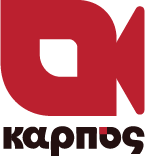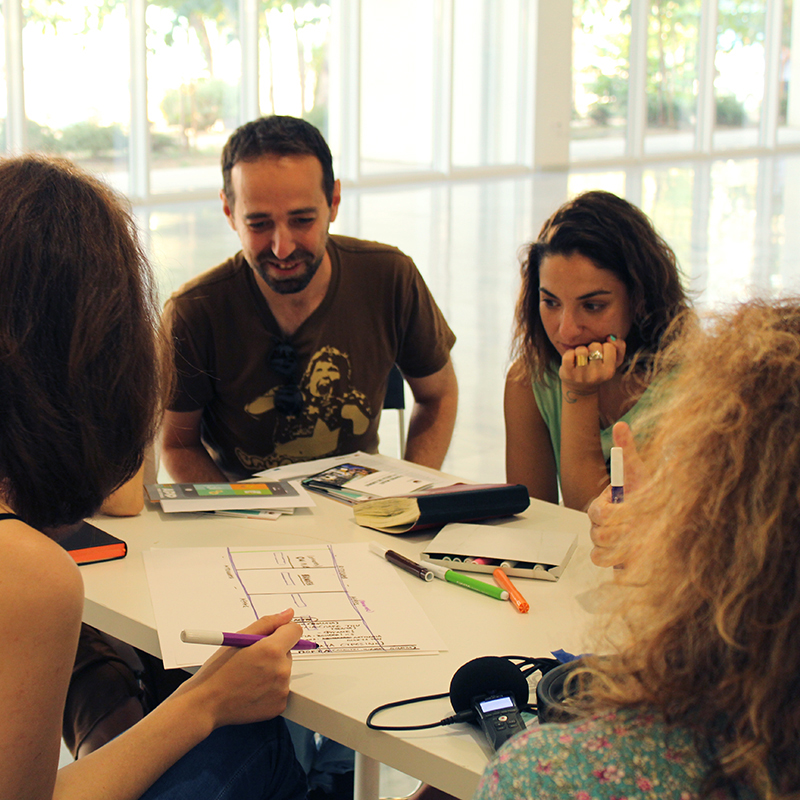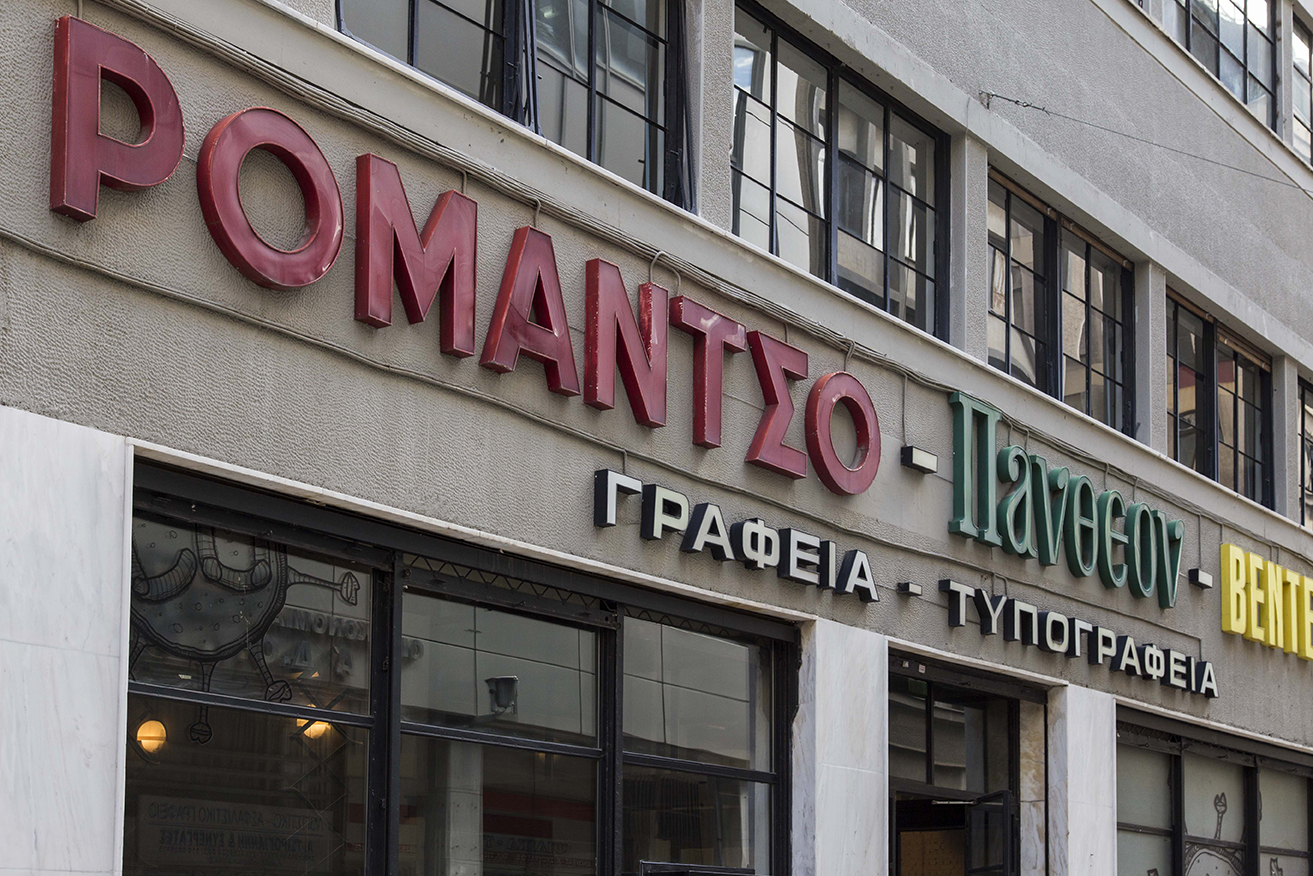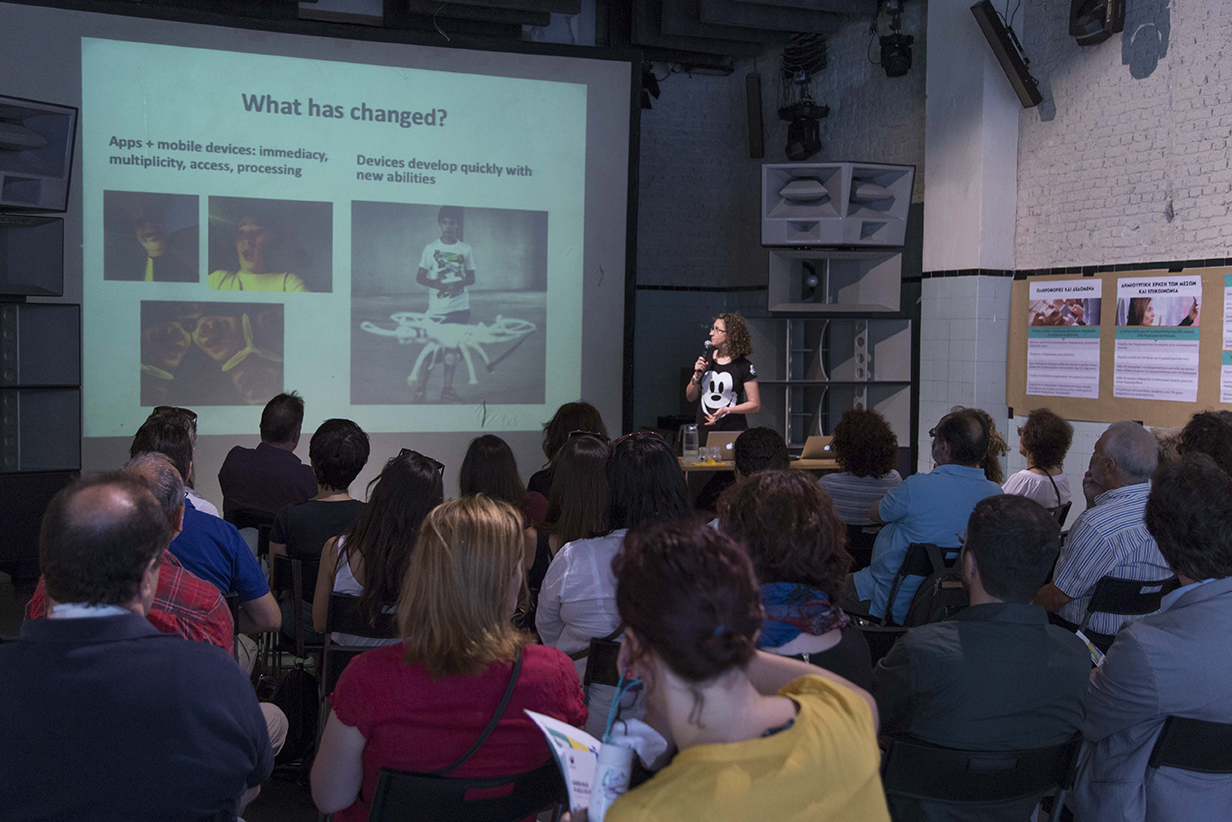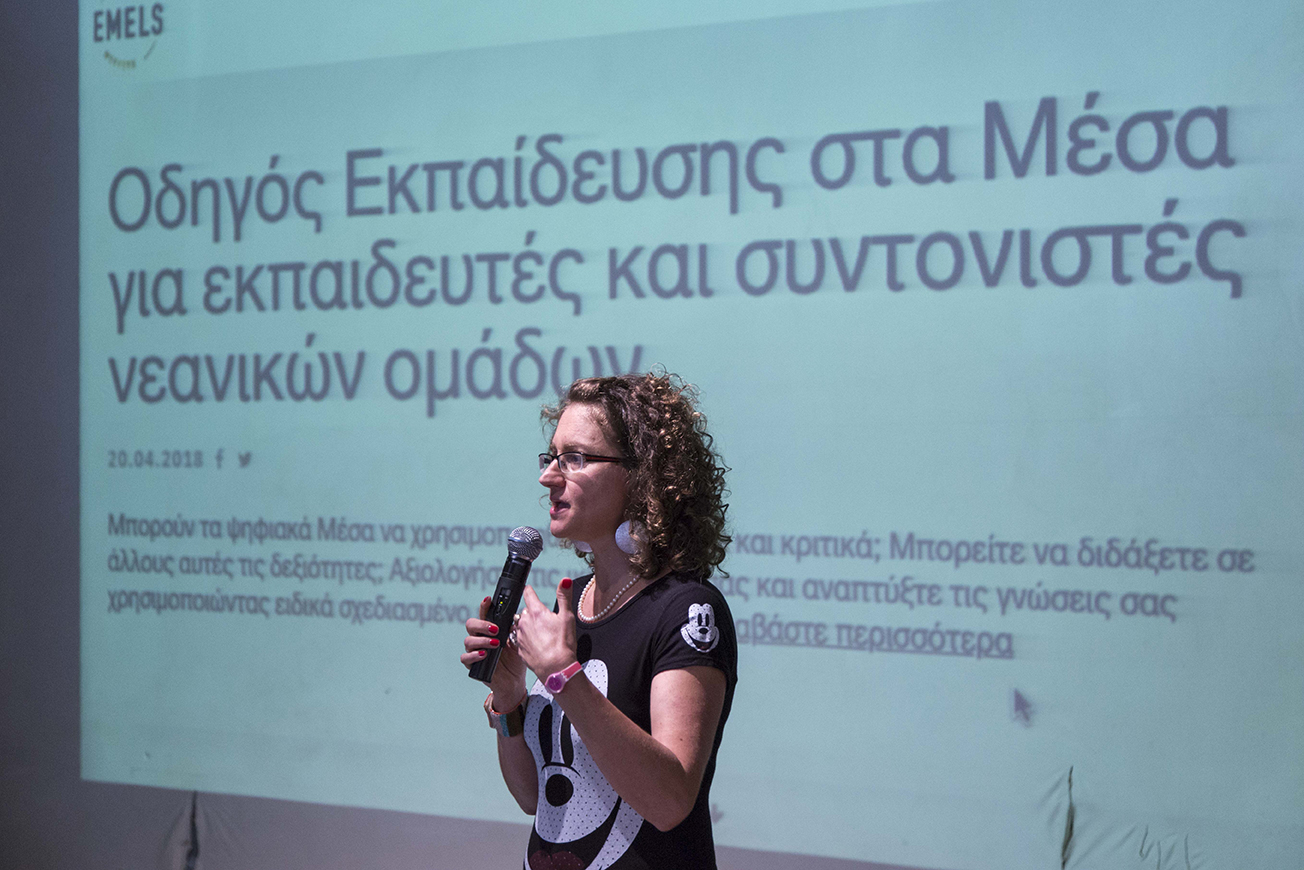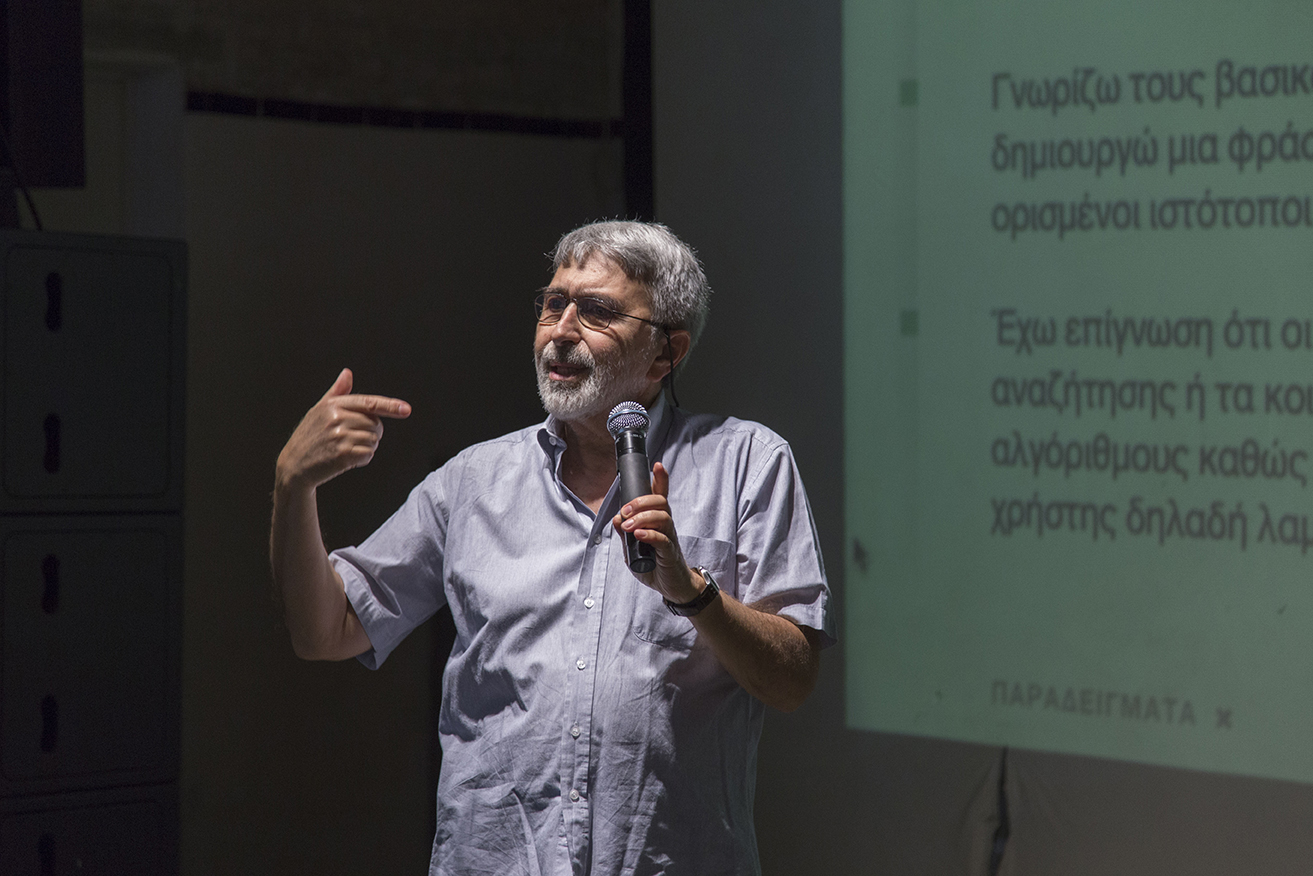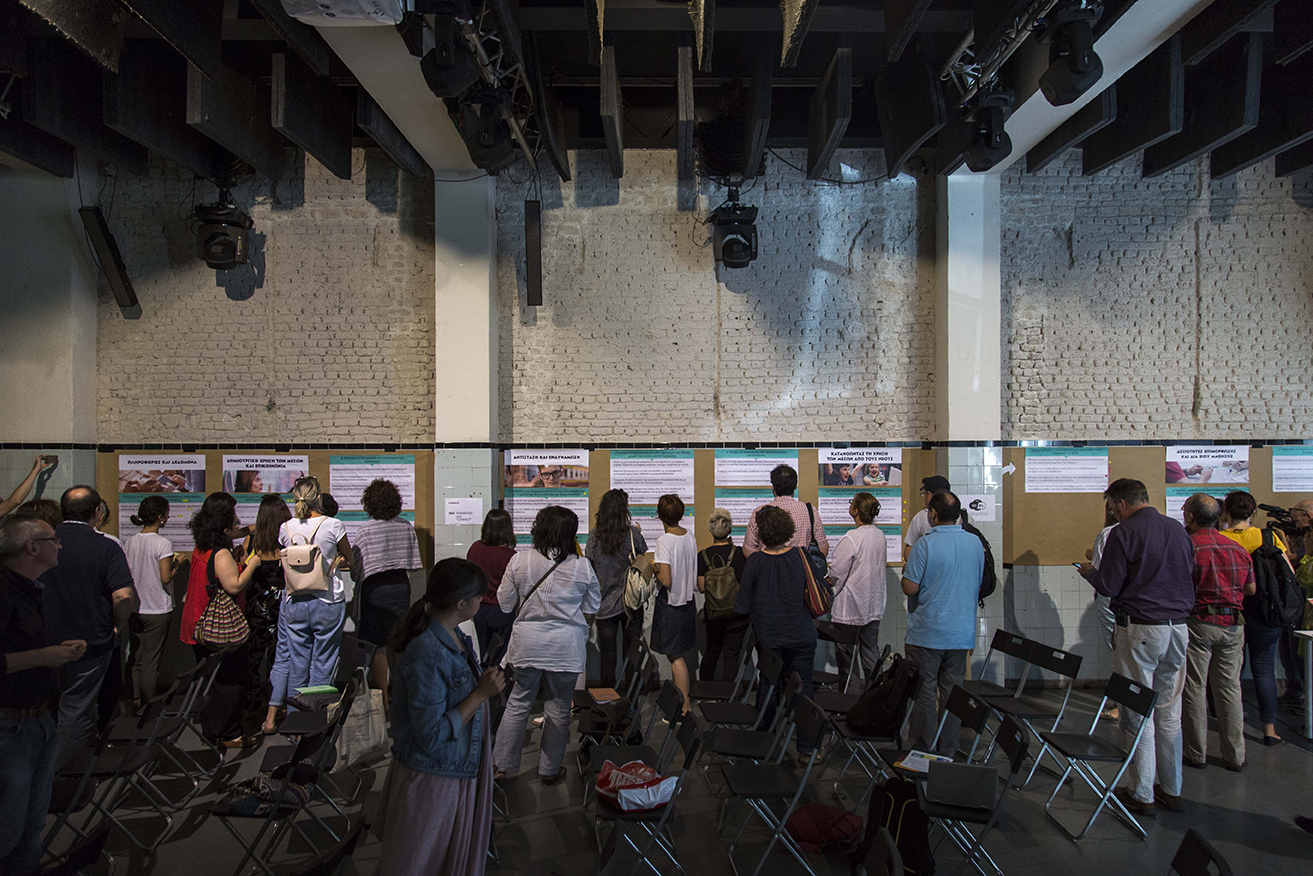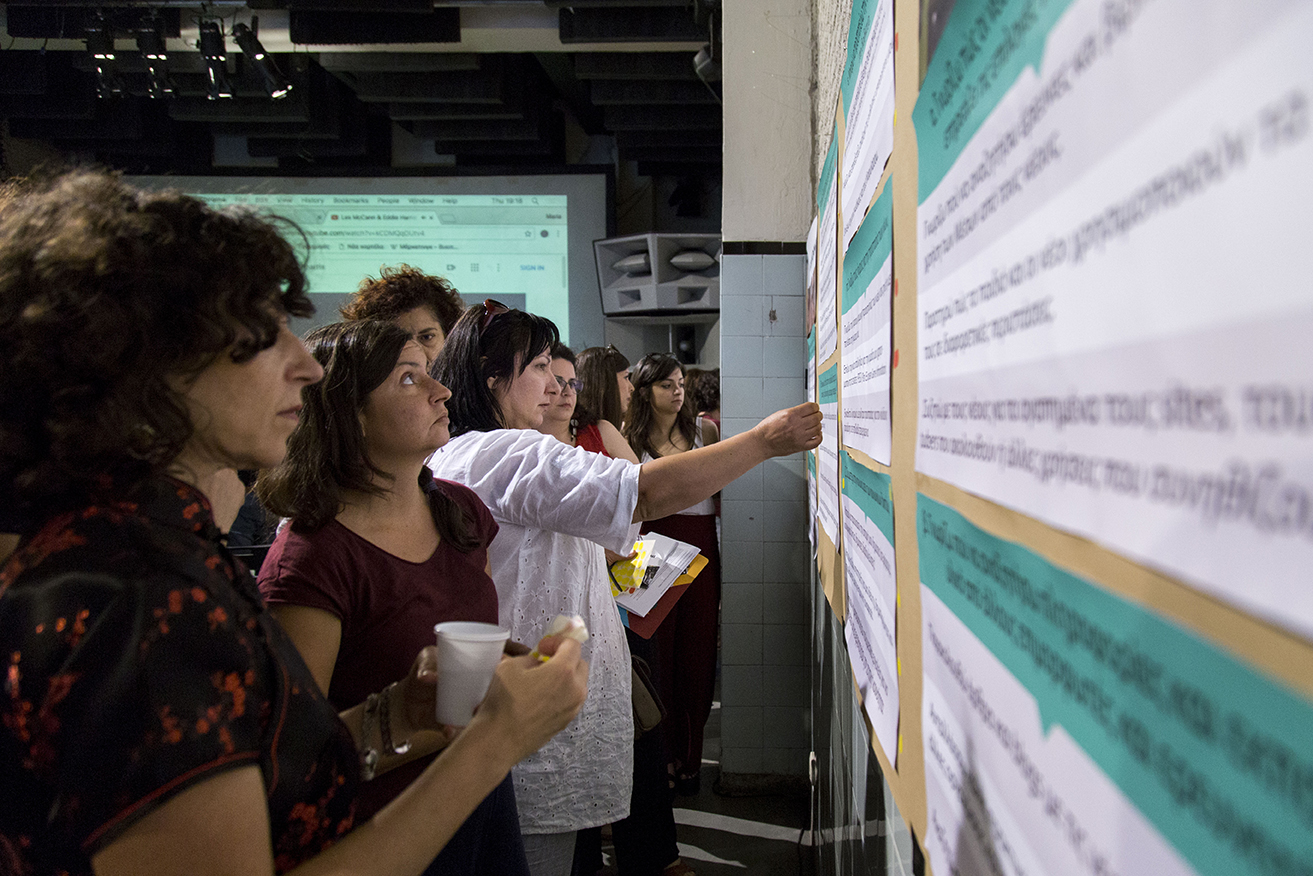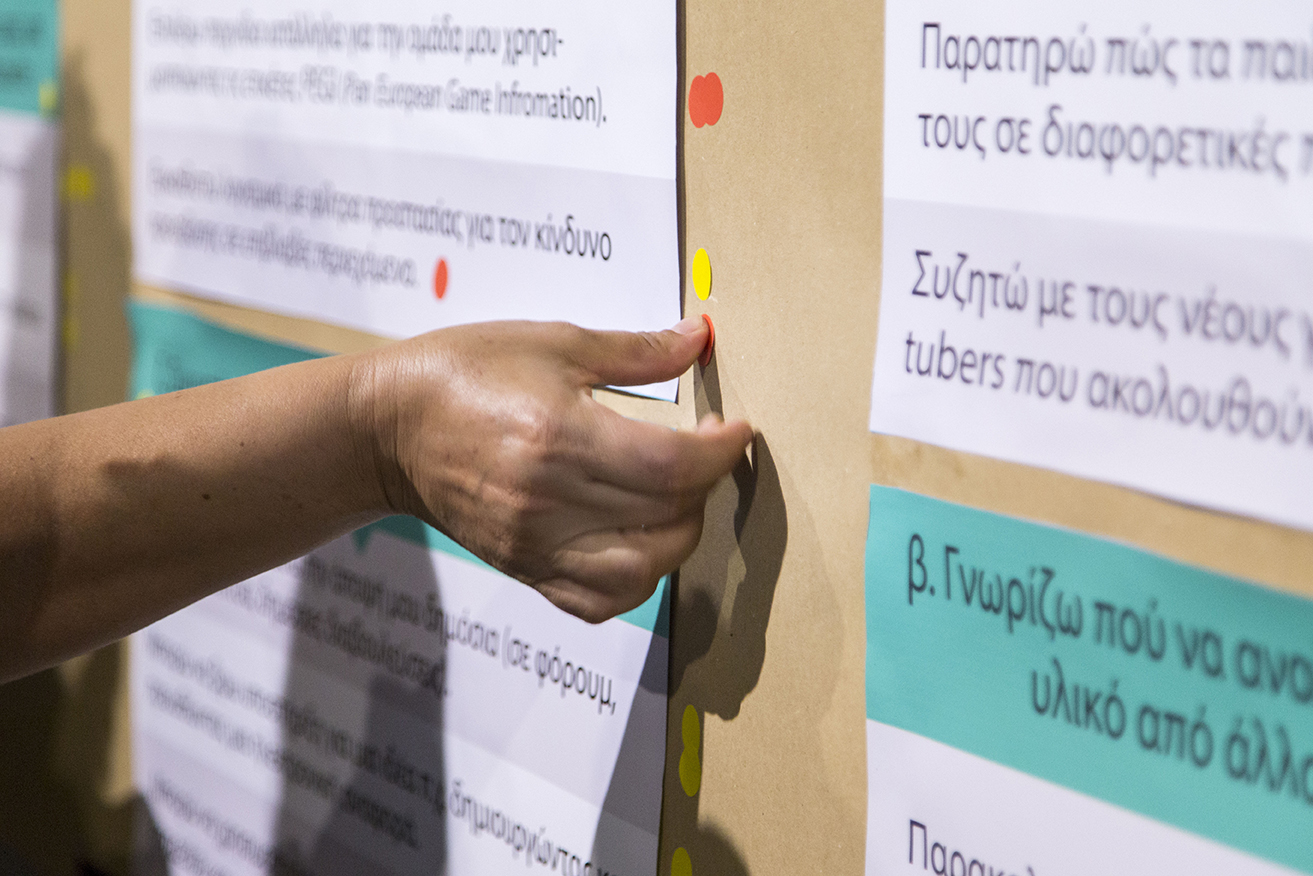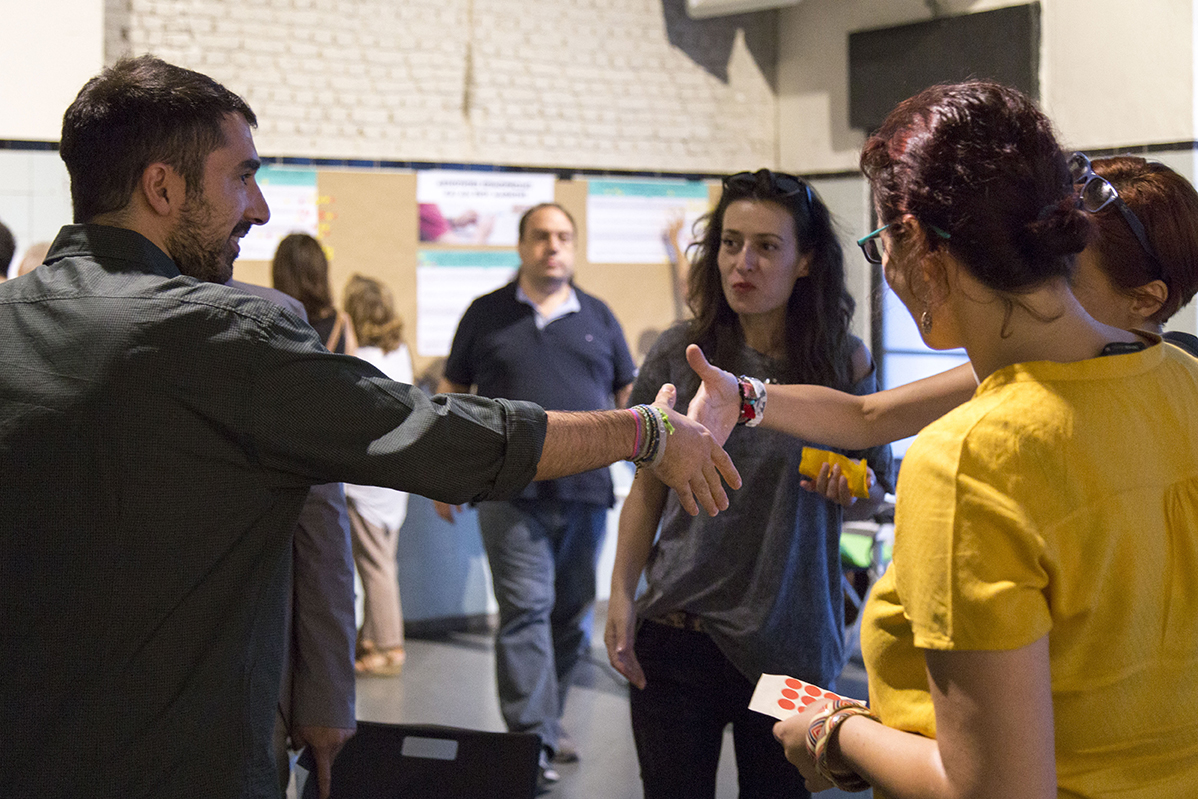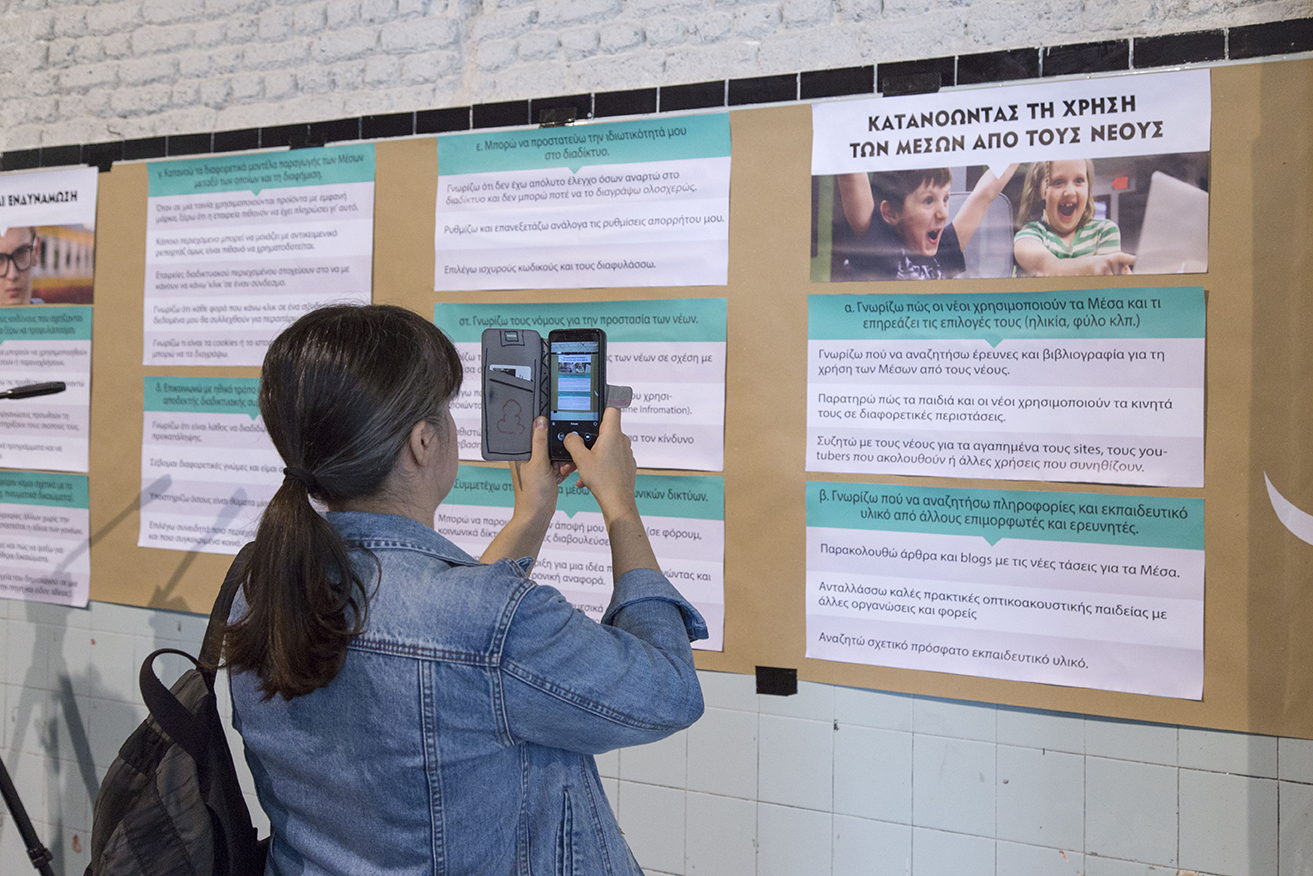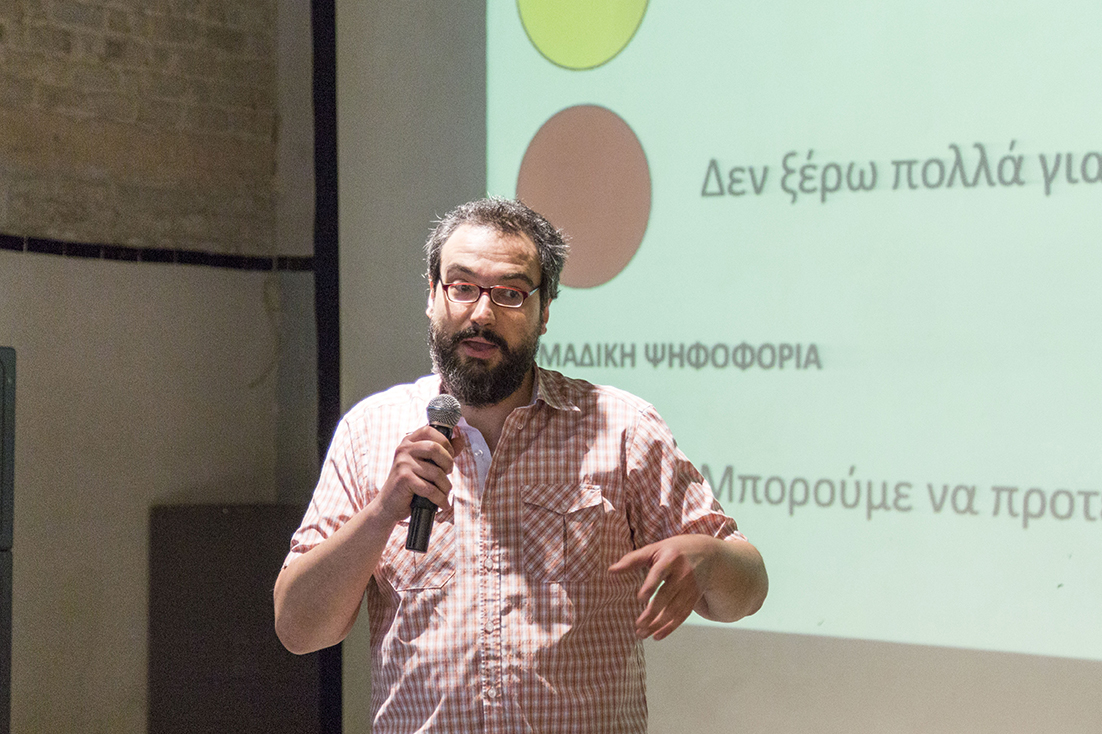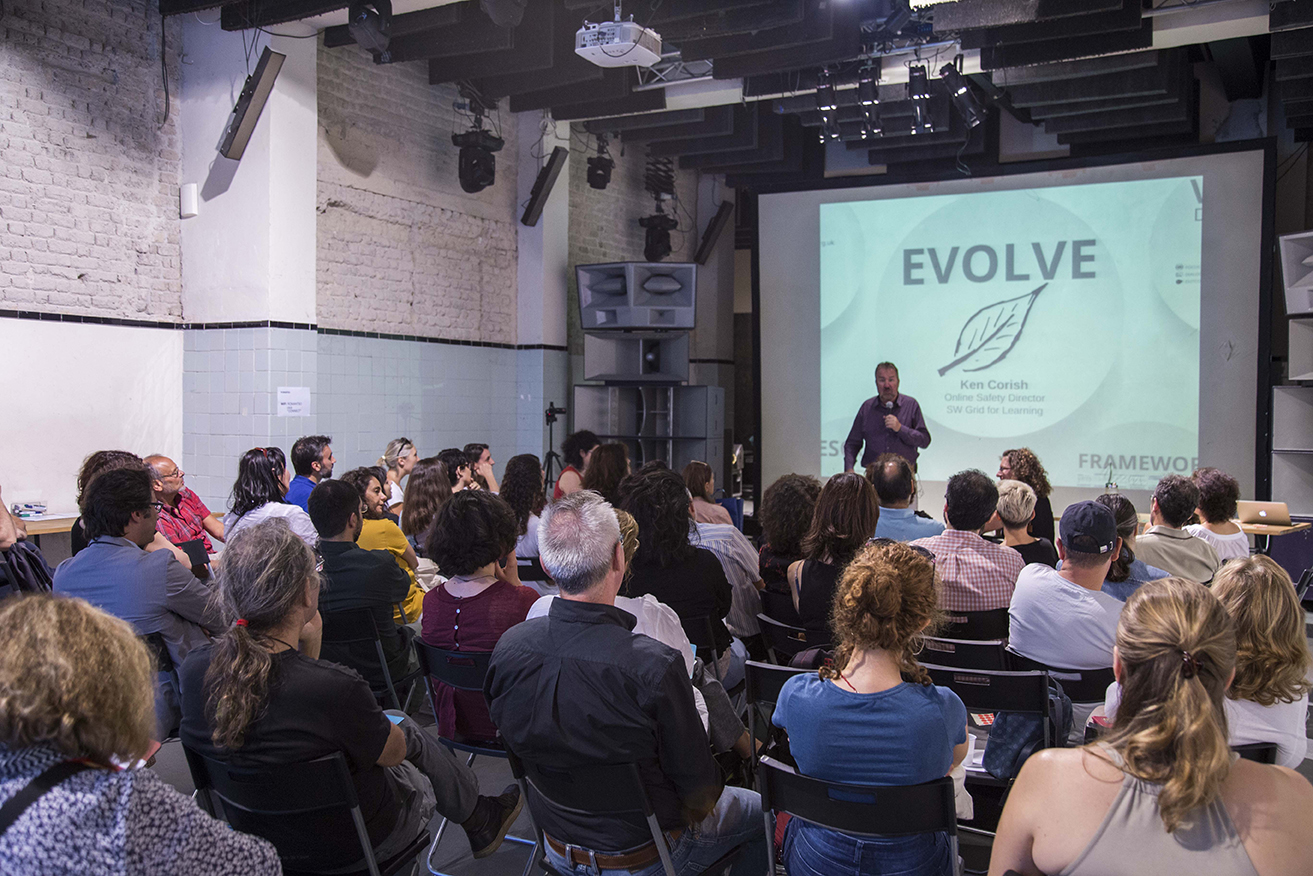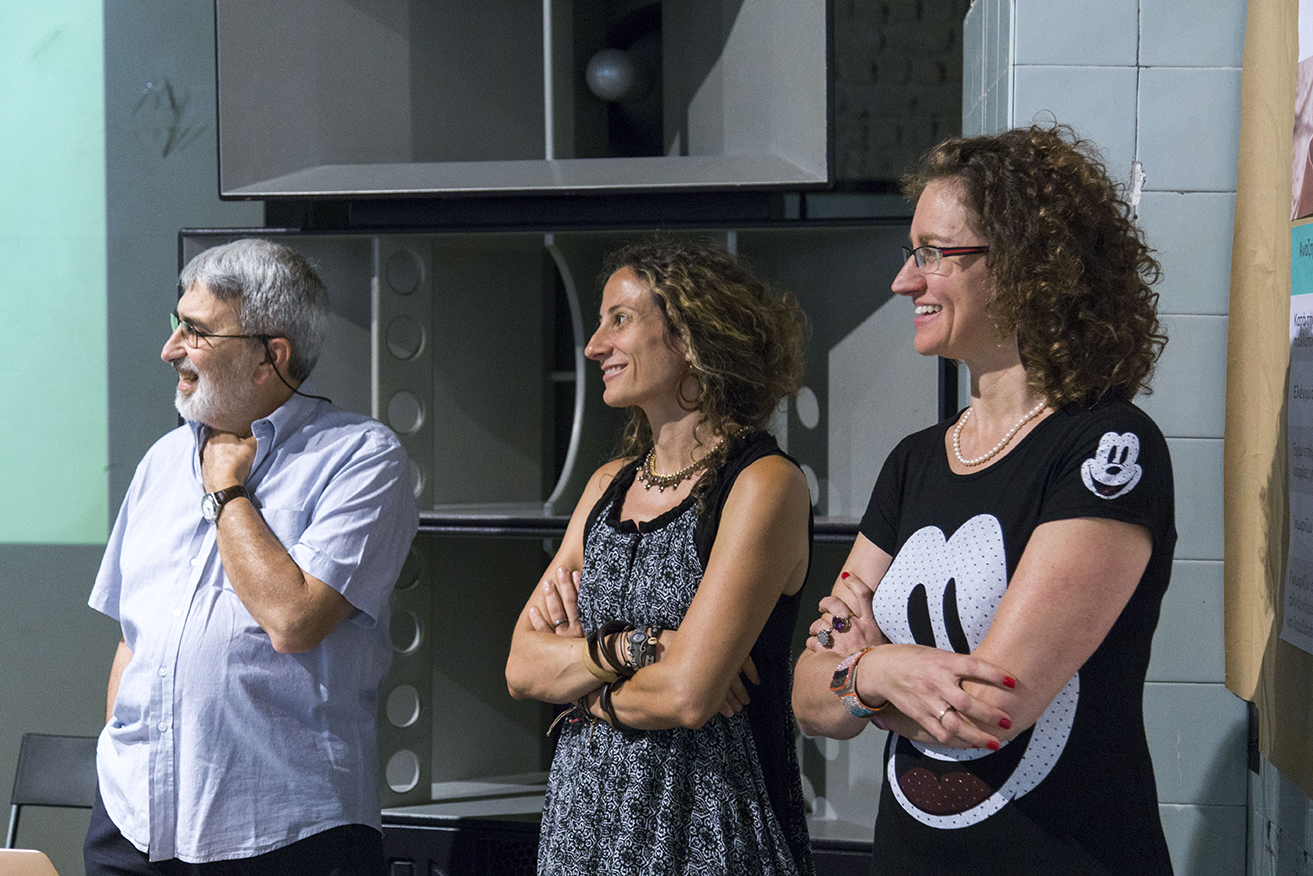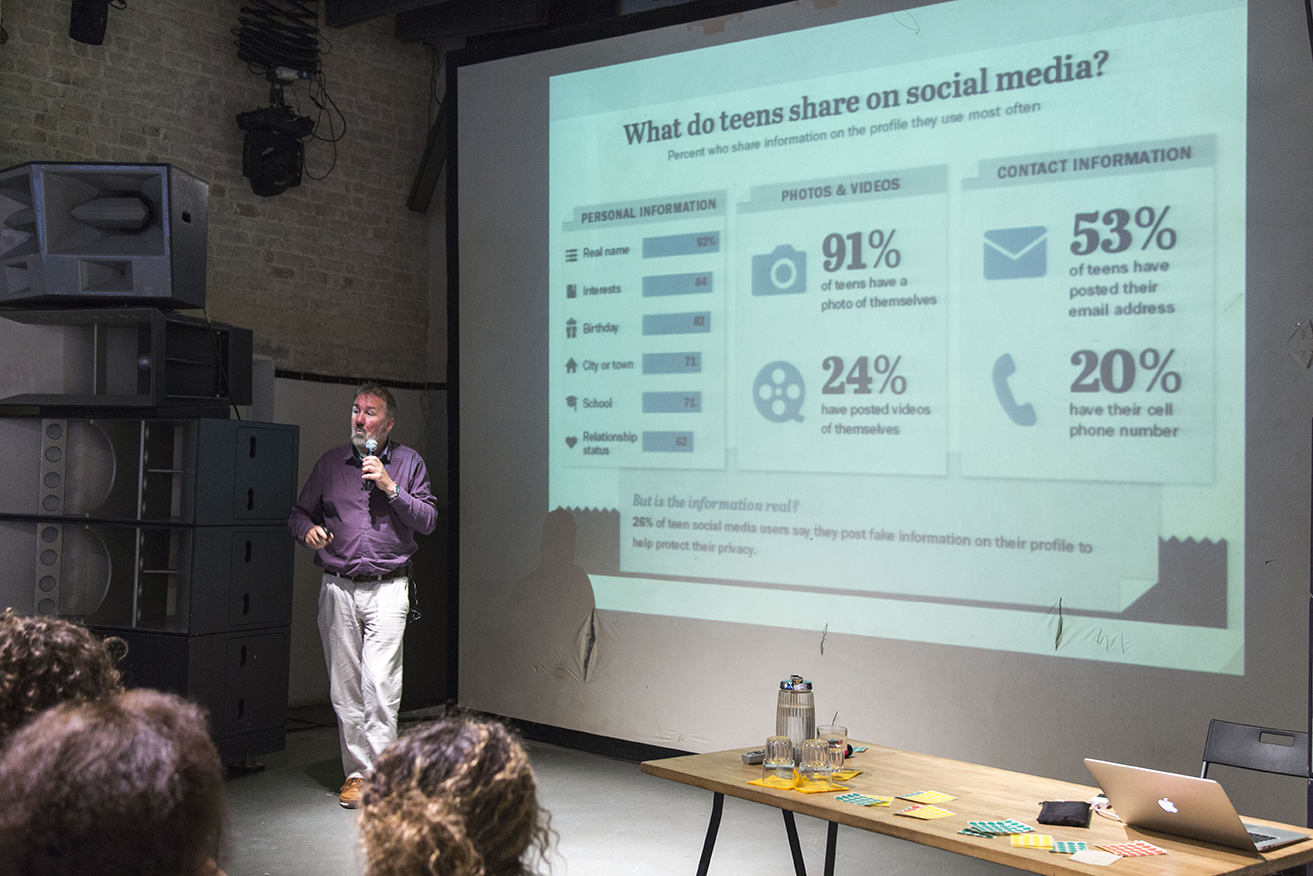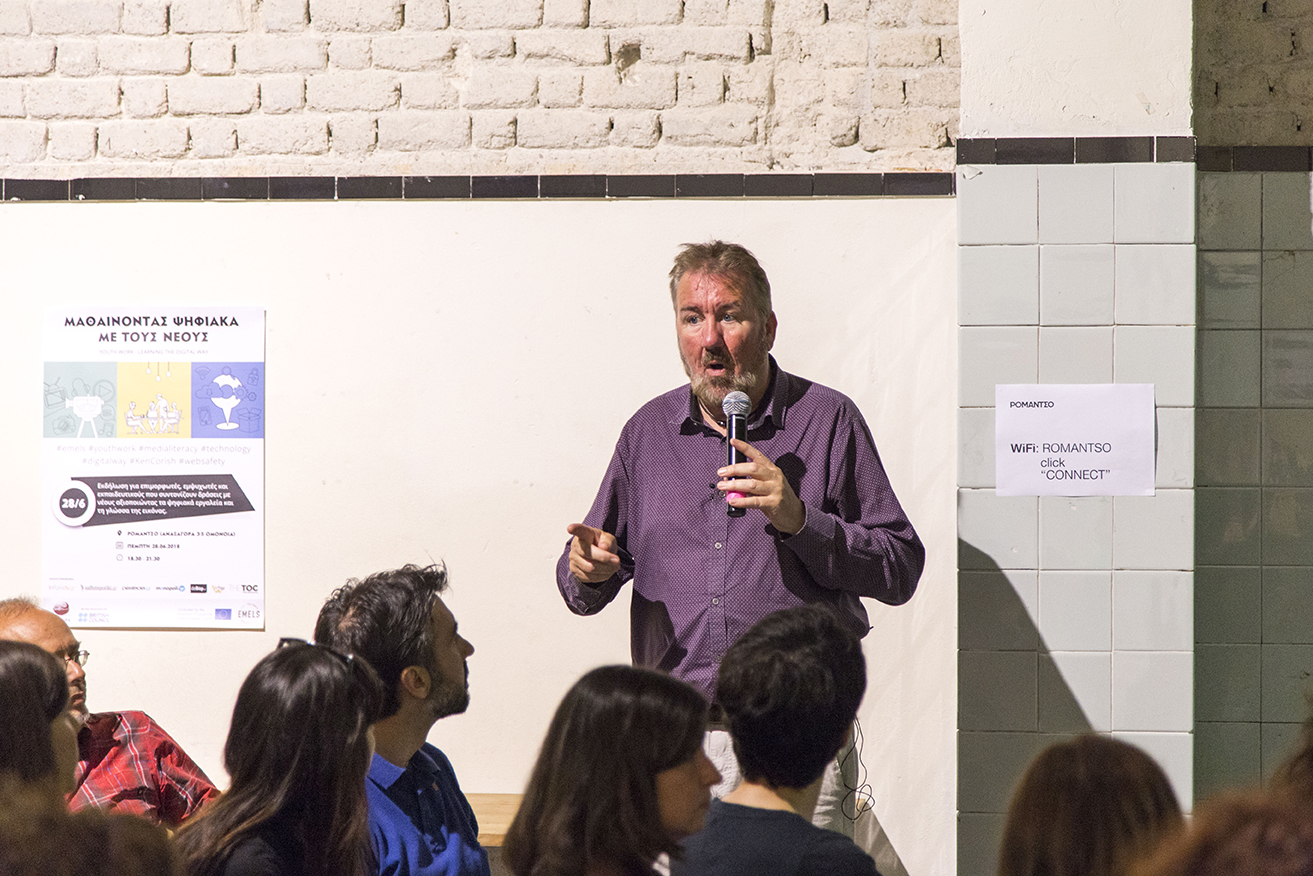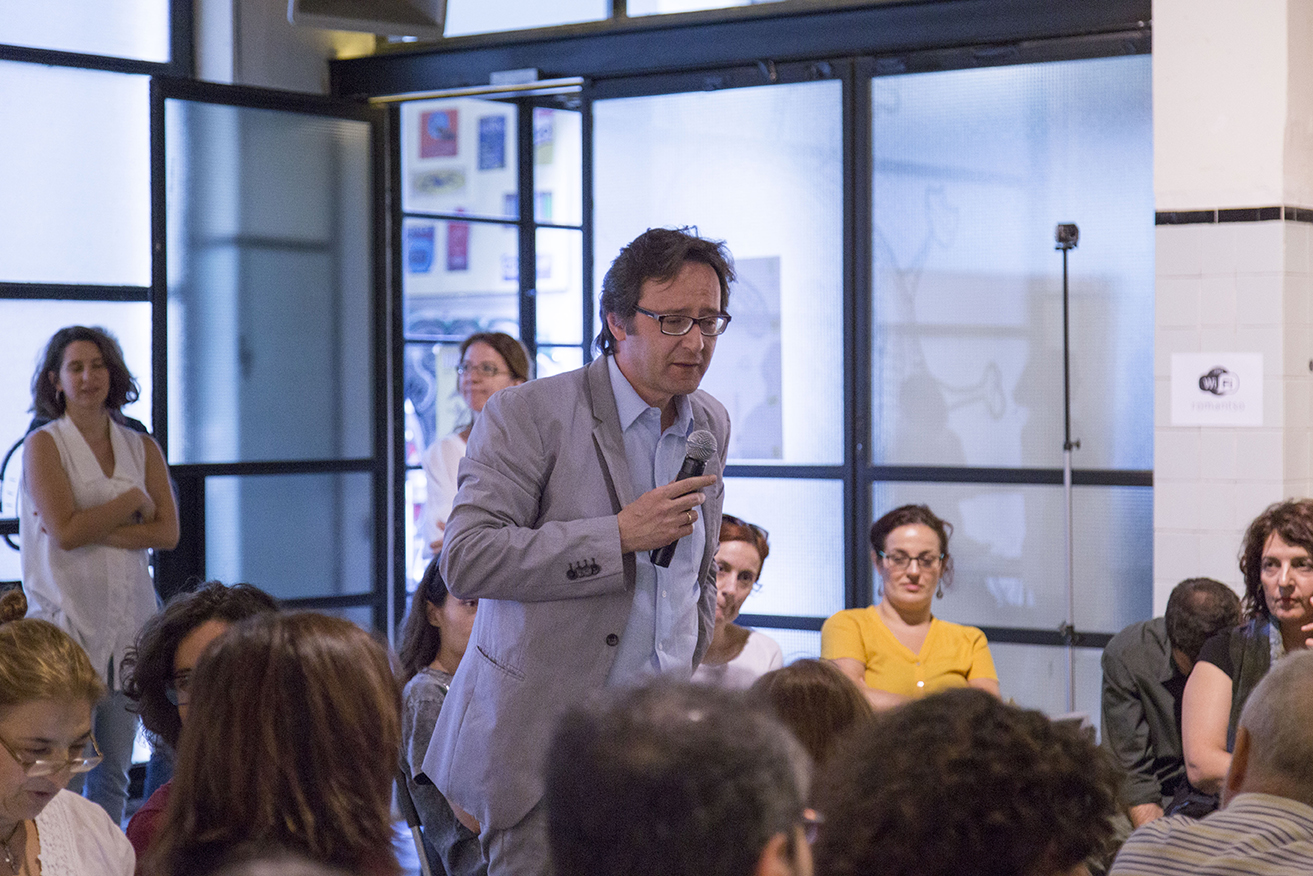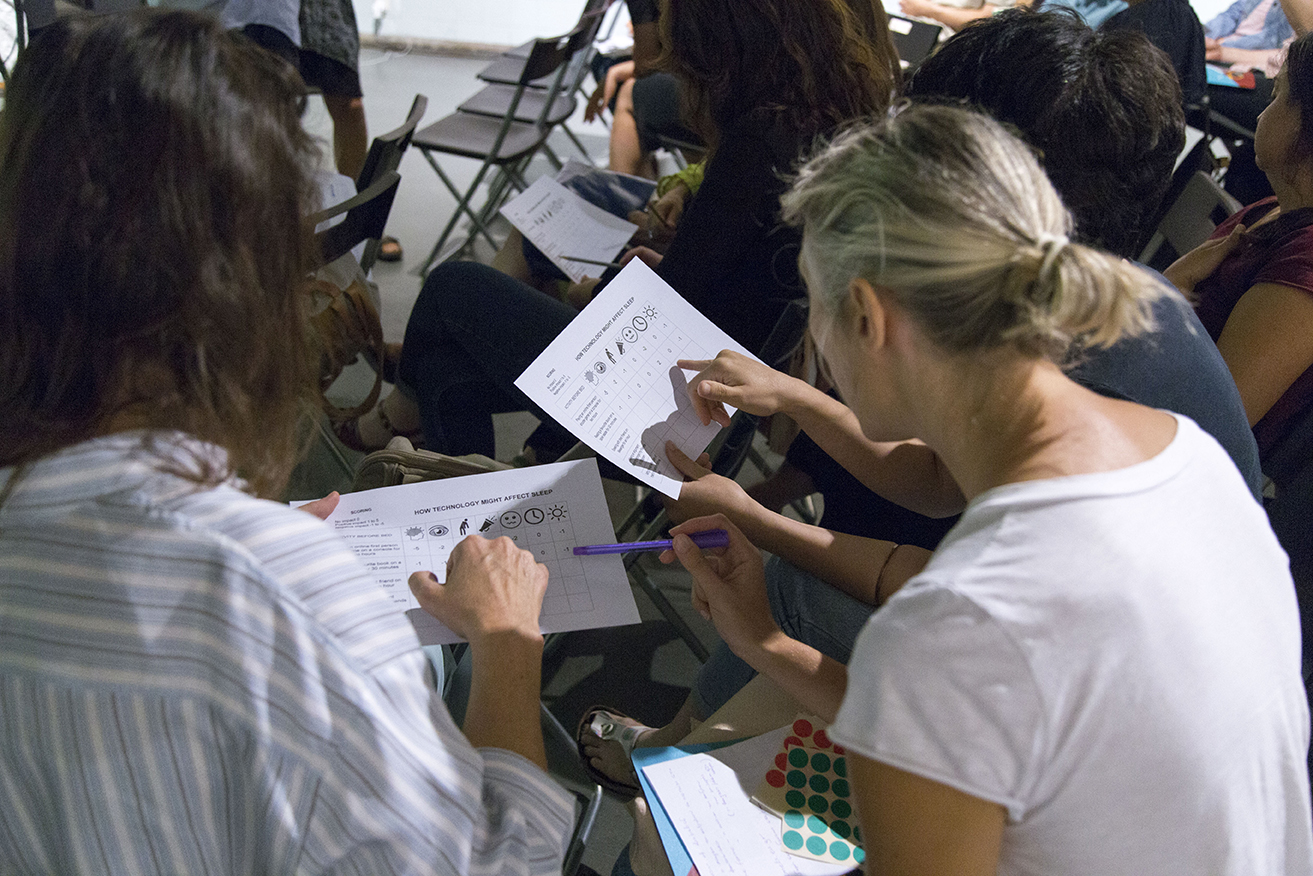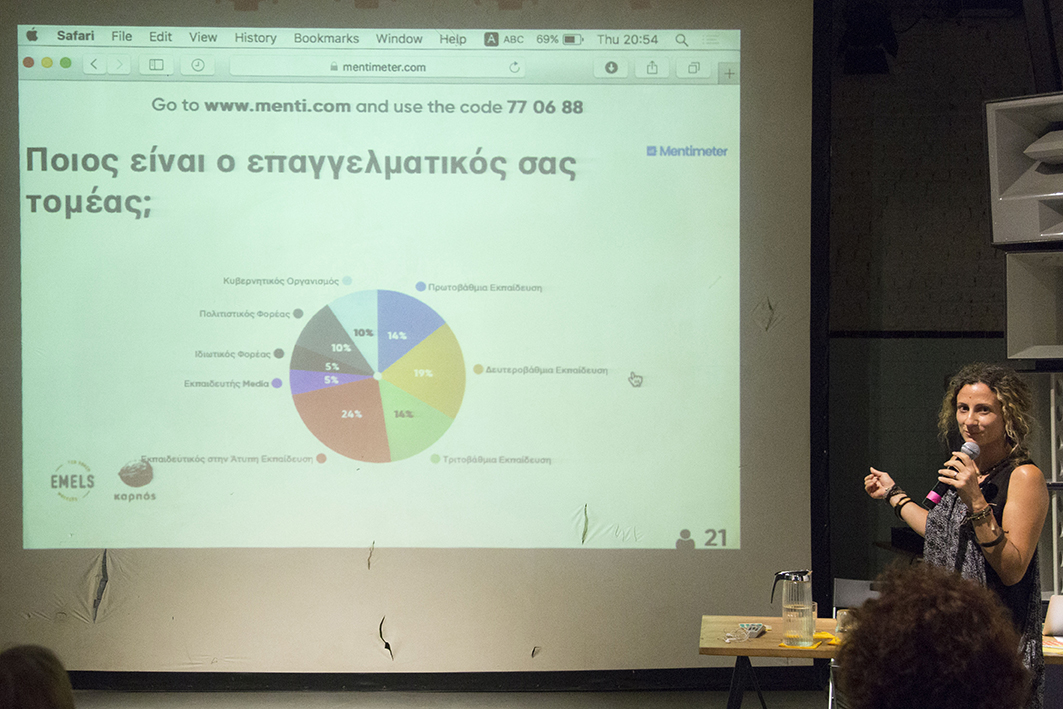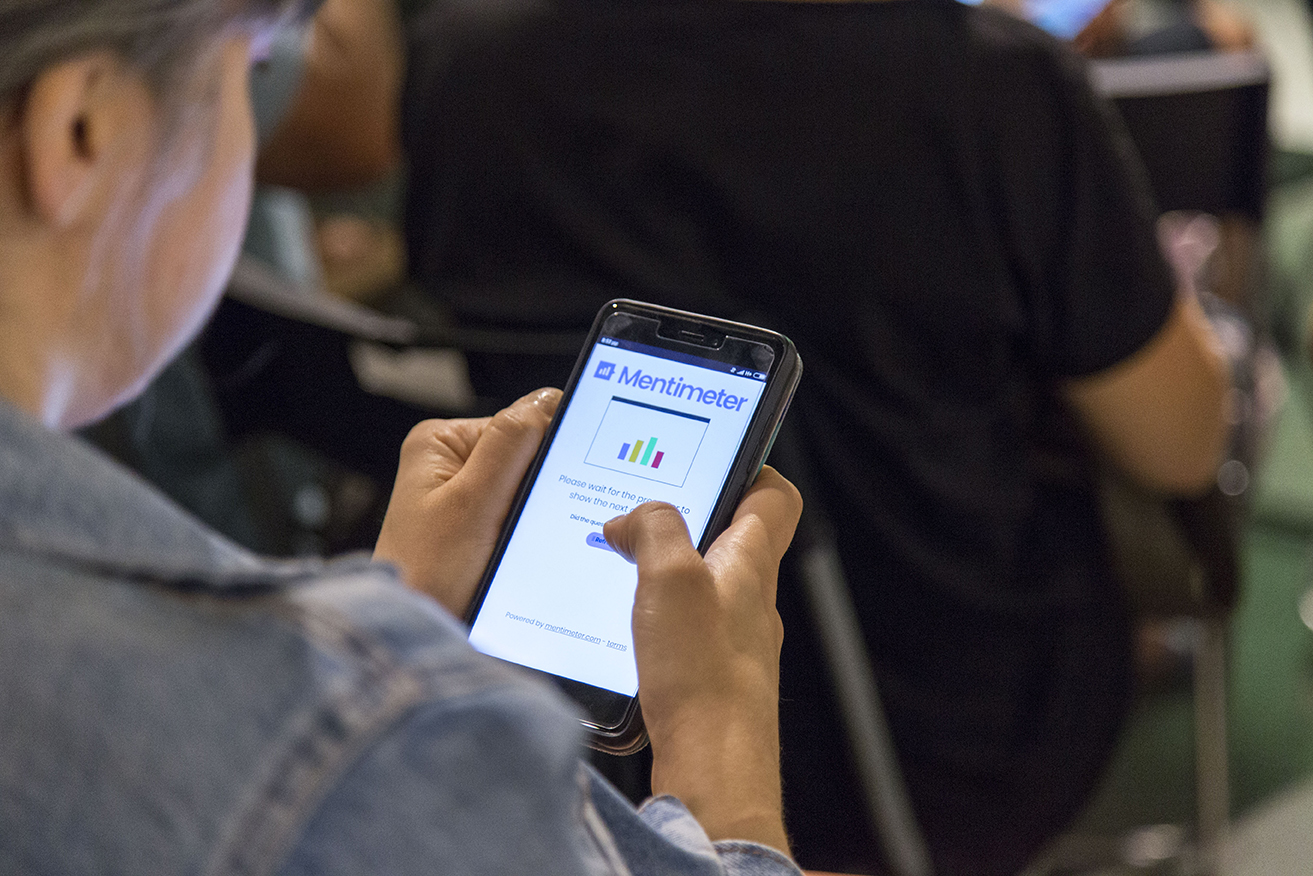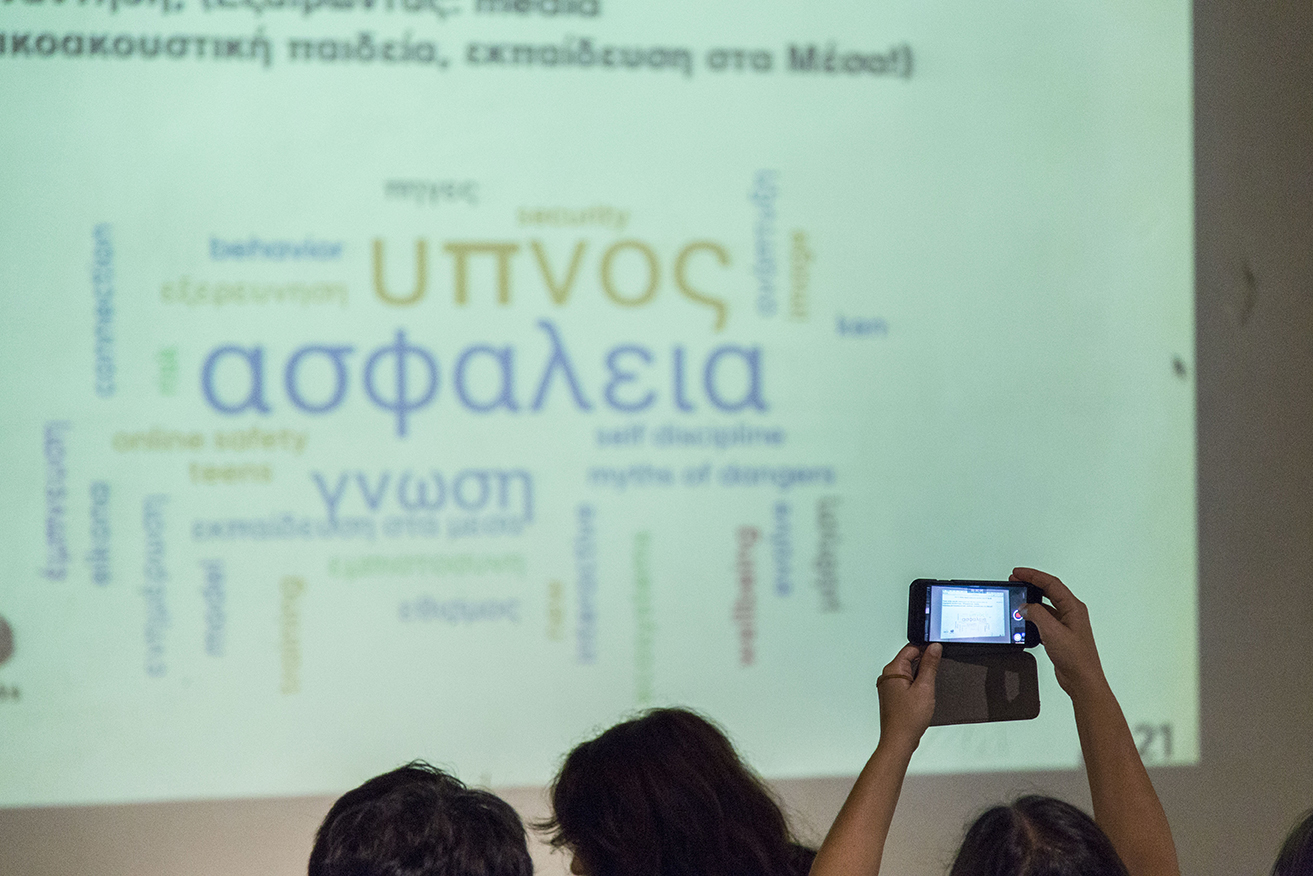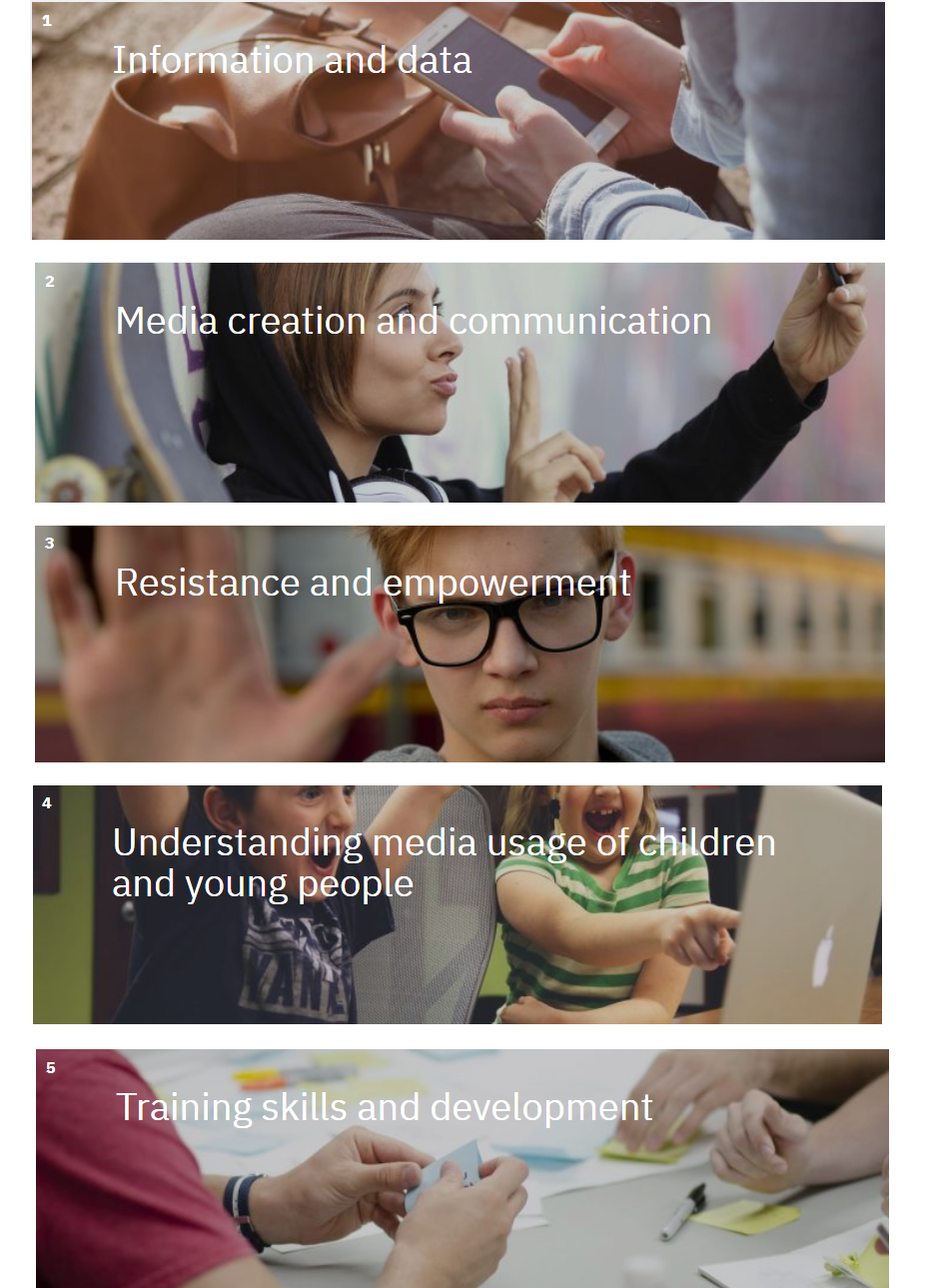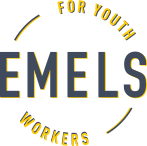ERASMUS+ 2017-2018
European Media Literacy Standard
The main goal of the EMELS project was to prepare a useful tool for youth workers to develop media and digital competencies, as well as to build a strong partnership between 7 organisations involved in the topic of media literacy in Europe. The project started in January 2017. The result of our work is an innovative media literacy training programme: European Media Literacy Standard for youth workers. It is complemented by educational materials and best practices developed on Media & Information Literacy Platform for Exchanging Educational Resources (MIL/PEER). Media literacy is one of the ways to enhance development of basic and transversal skills, which are necessary to build society of active citizens with critical approach towards the media. We hope to contribute to a better recognition and understanding of the media, information and digital skills in the field of youth work.
EMELS FINAL EVENT
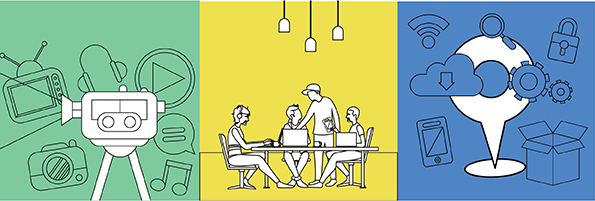
- 18.30-21.30
YΟUTH WORK - LEARNING THE DIGITAL WΑΥ
The event ‘Youth Work - Learning the digital way’, attended by educators, psychologists and cultural professionals, was held in a fully interactive form. It combined theory and practice in relation to the ‘language’ of the digital image. The audience had the opportunity to learn about key issues on digital online safety in both Britain and Europe by Karpos’ guest speaker, Ken Corish. He presented for the first time to the public the security application he created for the British government.
The founders of Karpos, Maria Leonida and Menis Theodoridis, introduced to the public the ‘language’ of the digital image and to issues in relation to the education of young people. The presentation of the European Media Literacy Standard (EMELS) guide was held in a participatory, interactive way. The members of the audience had the opportunity to vote in an original way on key points of the standard in accordance to their own personal view. Right after the voting each team presented the team’s choices via a representative. Another innovative voting and evaluation method, through a mobile app followed. The attendees were asked to vote –via smartphones and tablets- on questions regarding the upcoming educational programs of Karpos based on their personal profile and preferences. The event became a reference to an active form of education and assessment provided by EMELS.
EUROPEAN MEDIA LITERACY STANDARD FOR YOUTH WORKERS (EMELS)
The emergence of digital media have changed the way and the intensity with which young people live, communicate, learn, work, and relax. Due to this widespread diffusion, it is often wrongly assumed that every young person uses digital media in a competent way or will gradually learn it. Unfortunately, this is not the case. Young people very oftern take risks when being online, are subject to manipulation and disinformation, use media as passive consumers. Providing young people with a key set of competences is important for their education and work prospects, as well as personal wellbeing in this digitised society. We aim for happy young people who are able to develop themselves further, connect with others and participate in society through digital media. The latter will also enable them to transform the society they live in.
As media education professionals we noticed a need to have a common reference framework in the field of youth work of what it means to be digitally savvy in an increasingly digitized world. We hope that EMELS will be a tool for youth workers to improve young people’s media literacy and that it will help to raise the quality of youth work and training in the field of media education. It can be used in different settings: youth-led organisations, organisations for youth, informal groups or youth services and public authorities.
EMELS was co-funded by the Erasmus+ Programme of the European Union as a strategic partnership project of: Fundacja Nowoczesna Polska from Poland, JFF from Germany, Centro Zaffiria from Italy, Karpos from Greece, Ariel Trust from the UK and Imec and Evens Foundation from Belgium.
THE EMELS STANDARD
The EMELS Standard describes media literacy as a process of preparing individuals – in this case youth workers and young people – for competent use and understanding of digital media. In the standard this falls down into 5 areas of digital competence:These 5 areas are developed into 16 competences, followed by practical examples of knowledge, skills and attitudes. The competences are also complemented by best practices and training resources.
